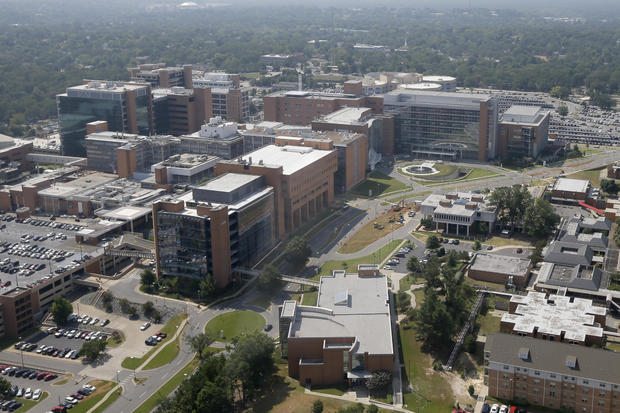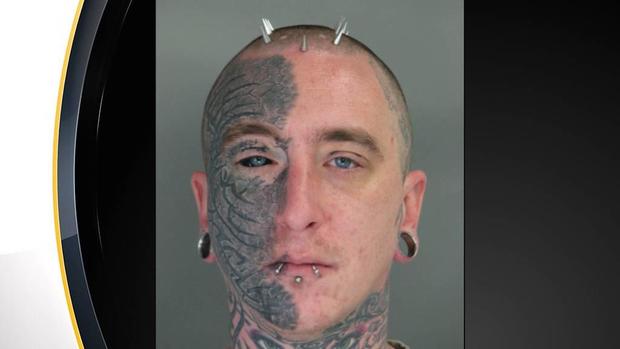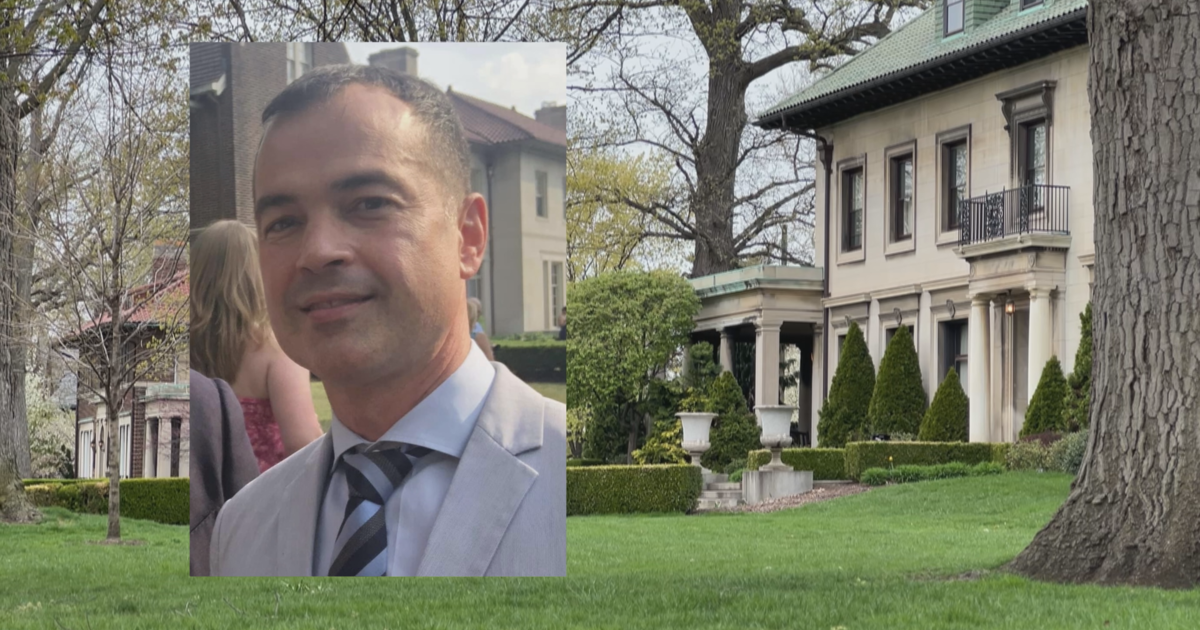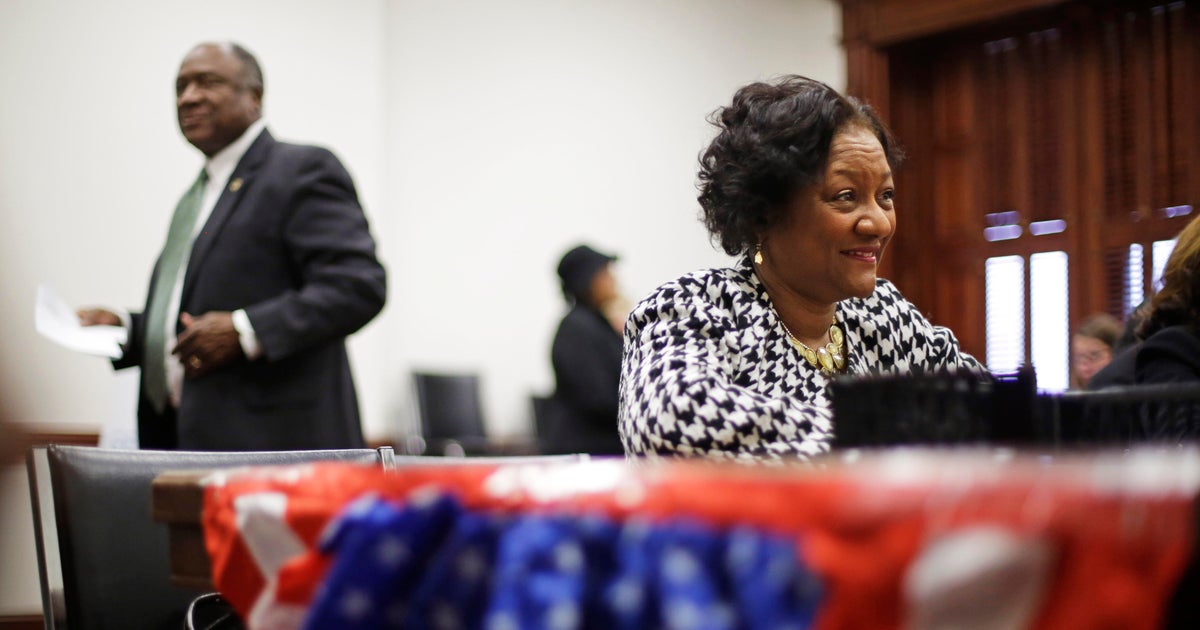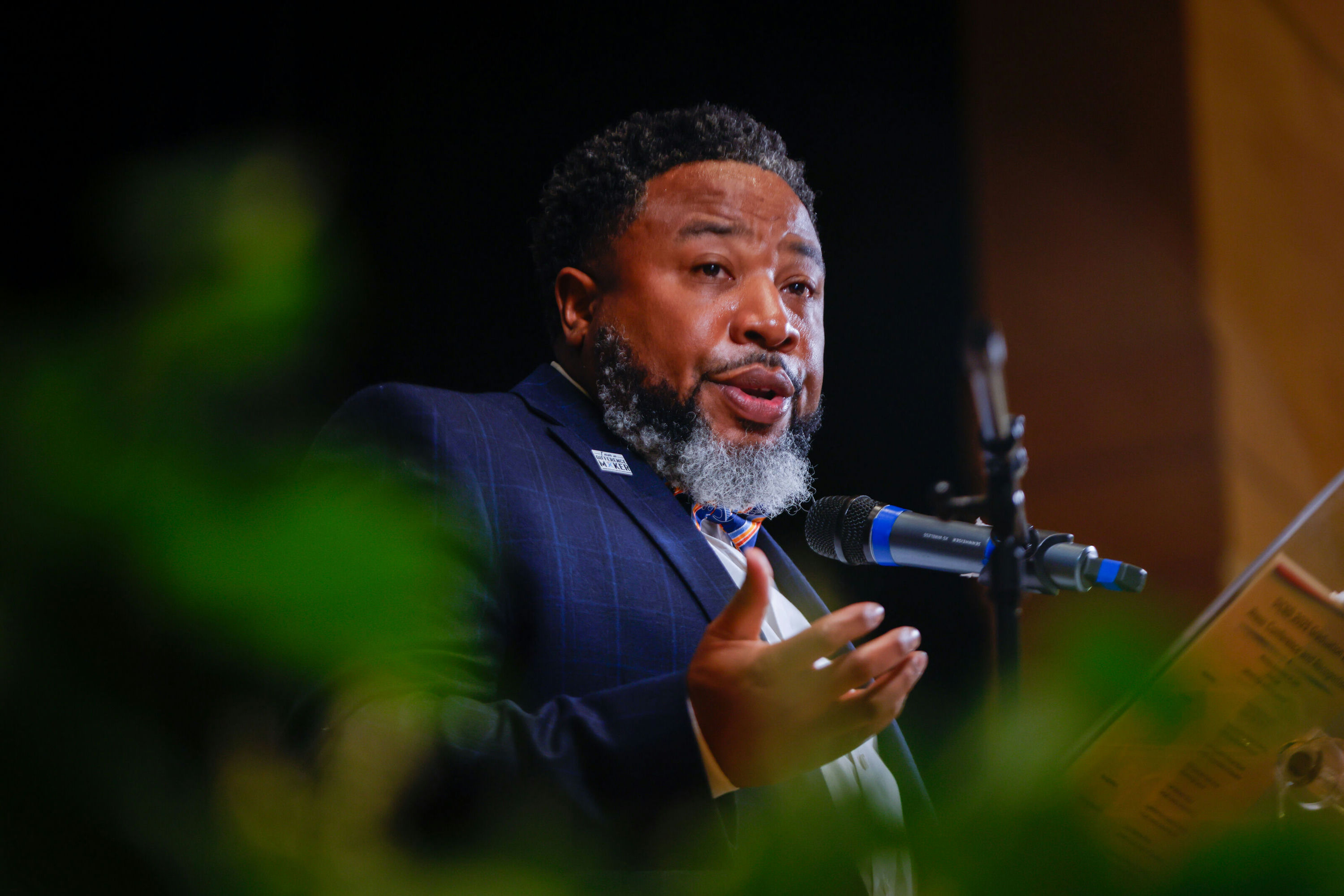Arkansas woman accused of selling $11,000 of stolen body parts to man in Pennsylvania: "One of the most bizarre investigations"
An Arkansas woman has pleaded not guilty to charges that she sold 20 boxes of stolen body parts from medical school cadavers to a Pennsylvania man for nearly $11,000.
The April 5 indictment, unsealed Friday in federal court in Little Rock, accuses Candace Chapman Scott, 36, a former mortuary worker, of setting up the transactions with a man she met through a Facebook group about "oddities."
Scott, a Little Rock resident, pleaded not guilty to 12 counts, including conspiracy to commit mail fraud, mail fraud, conspiracy to commit wire fraud, wire fraud, conspiracy to commit interstate transportation of stolen property, and interstate transportation of stolen property.
Scott is jailed, with a hearing on whether she will be released on bail scheduled for Tuesday. A lawyer for Scott did not immediately answer an email seeking comment on Saturday.
The buyer is not identified in the federal indictment, but separate state charges in Pennsylvania name him as Jeremy Lee Pauley, of Enola, Pennsylvania.
Scott was employed at Arkansas Central Mortuary Services, where part of her job was to transport, cremate and embalm remains. The University of Arkansas for Medical Sciences in Little Rock has said that's where the medical school sent remains of cadavers that had been donated for medical students to examine.
The indictment alleges Scott approached Pauley in October 2021 and began offering to sell him remains from the medical school that the mortuary was supposed to cremate and return.
"Just out of curiosity, would you know anyone in the market for a fully intact, embalmed brain?" the indictment alleges Scott wrote to Pauley in her first Facebook message.
The indictment alleges that over the next nine months, Scott sold Pauley fetuses, brains, hearts, lungs, genitalia, large pieces of skin and other body parts. At one point, the indictment alleges Scott sold the remains of a fetus at a discount, writing "he's not in great shape."
The indictment alleges Scott collected $10,975 in 16 separate PayPal transfers.
Prosecutors argue that Scott should remain jailed until trial, the Arkansas Democrat Gazette reported, with Assistant U.S. Attorney Amanda Jegley telling U.S. Magistrate Judge J. Thomas Ray on Friday that Scott could be motivated to flee by the prospect of a long prison sentence.
"I think that the facts ... underlying the indictment and in the indictment are uniquely egregious and objectionable and we believe there is going to be some significant public outcry as a result of this," Jegley said.
Ray said the alleged conduct is "shocking and depraved." But since Scott isn't alleged to be dangerous, under federal rules, he's only supposed to order her jailed if she is a flight risk.
Pennsylvania officials discovered the scheme after they got complaints about Pauley last year. Detectives located three 5-gallon buckets containing various human remains in Pauley's basement. Among the remains identified were human brains, heart, livers, skin and lungs.
"This is one of the most bizarre investigations I have encountered in my thirty-three years as a prosecutor. Just when I think I have seen it all, a case like this comes around." - District Attorney Seán M. McCormack said in a statement at the time.
Pauley is charged in Pennsylvania with a misdemeanor count of abuse of a corpse, a felony count of receiving stolen property, a misdemeanor count of receiving stolen property and a felony count of dealing in proceeds of unlawful activities. Pauley is free on bail. Court records show his preliminary hearing, repeatedly delayed, is currently scheduled for June 7.
Leslie Taylor, a spokeswoman for the medical university, told the Arkansas newspaper Friday that officials are grateful federal authorities charged Scott. Taylor called the people who donate their bodies for medical research "true heroes," and said they are the largest victims in the crime because of the role the donations play in medical education.
Taylor said the FBI has not told school officials if any of the remains have been identified. She said embalming damages DNA, making identification "extremely difficult."
Earlier this year, a Colorado funeral home operator accused of illegally selling body parts and giving clients fake ashes was sentenced to 20 years in prison. Megan Hess received the maximum sentence after pleading guilty to mail fraud last November under a plea agreement in which other charges against her were dropped, federal prosecutors said.
